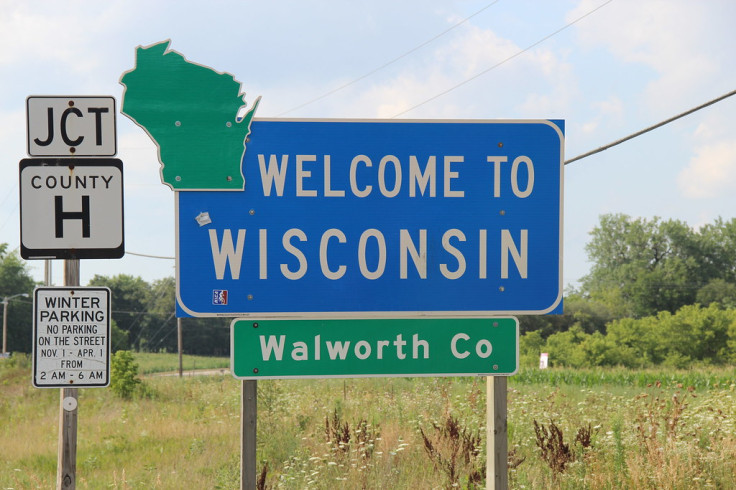
Wisconsin is one of seven battleground states that seem poised to decide the outcome of the presidential election which takes place in less than a week, along with Georgia, Pennsylvania, Michigan, North Carolina, Nevada and Arizona. The gap between both major candidates in these states is so slim that the Latino vote figures to be crucial, especially in Arizona and Nevada, where Latino registered voters add up to 18% and 17% of the electorate respectively.
Wisconsin, on the other hand, only holds less than 4% of Latino voters in its registry, with an estimated 115,000, mostly of Mexican heritage. However, considering that the last two presidential elections in Wisconsin were decided by less than 1% each (Donald Trump won in 2016 by 23,000 votes, while Joe Biden too back the state for the Democrats by just 25,000 in 2020), Latinos will be fundamental for whoever wins come November.
As presidential candidates Donald Trump and Kamala Harris campaign with opposing stances on immigration, voters in Wisconsin may ultimately have to balance two realities: border policies and local labor needs in their electoral decisions, as Latinos have become a vital source of labor in the state and especially small towns and neighborhoods are now increasingly relying on immigrant labor.
"No matter what happens at the border, a transformation occurs when migrants reach their destination as the demand for them is immense," Armando Ibarra, a political scientist and at the University of Wisconsin-Madison told Puente News Collaborative. "Anti-immigrant rhetoric and reality are two different things. But here (Wisconsin), somehow, they coexist."
The push for the Latino vote in the Badger State has also been further complicated by recent anti-immigrant rhetoric which, although much more prevalent in other states like Colorado or Ohio, has still managed to filter into Wisconsin as of late.
In early September, during a rally in Mosinee, former president Donald Trump seized on the story of a Venezuelan illegal immigrant, with ties to the "Tren de Aragua" criminal gang, who was arrested for sexually assaulting a woman and attacking her daughter in a remote corner of Wisconsin called Prairie du Chien, using the case to hammer home one of his most prominent campaign themes: his claim that many illegal immigrants are criminals.
A recent first-hand account by a reporter from The Financial Times who traveled to Prairie du Chien laid bare the effect that the case has had on the community, as well as how it may affect voter intent in the upcoming election. At one point, the account explains:
"I'm Hispanic myself and I think immigrant crime is a problem here," a 35- year-old Latina mother told me, collecting crumpled dollar bills from the day's sales. She declined to give her name because of her husband's job. "In their home countries, crime is not controlled and people are afraid of those criminals there and then they come here," she insisted. Trump's message seemed to be resonating on the yard sale circuit: I didn't find anyone who disputed it.
The account, however, also quotes the Mayor as a counterpoint:
"Mayor Dave Hemmer doesn't agree: 'politicians like to blow things out of proportion a little bit,' he told me, adding 'we had that one isolated incident, and we haven't had anything else, and I don't expect to have anything else"
Local GOP representatives are nevertheless exploiting the case as the author of the account reports seeing oversized mug shots of migrants charged with crimes in Wisconsin arrayed in party's office.
So how much has the rhetoric affected voter intent in a state where immigrants are increasingly baring the heavy weight of the workforce? On Monday, a poll by USA TODAY/Suffolk University revealed that both candidates are Trump and Harris are almost tied in Wisconsin, 48% to 47%, with only 2% saying they're still undecided. And with less than a week to go, time is running out for both candidates to make their case to the Latino voter.
© 2025 Latin Times. All rights reserved. Do not reproduce without permission.





